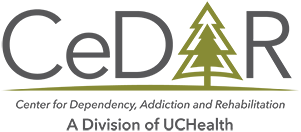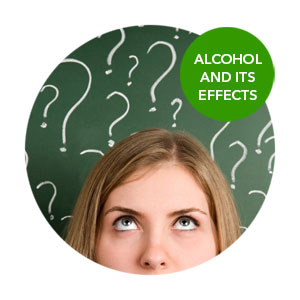ALCOHOL AND ITS EFFECTS
Listen to the audio version of this article:
Before reading this article please read The Spectrum of Alcohol Consumption.
Now that you have some understanding around the spectrum of drinking behaviors, it’s time to look at the biggest question (…likely) on your mind:
“Can I drink at all or do I need to stop entirely?”
Another way of deciding to drink is to ask the question:
“Do I stay in control of my drinking?”
Alcoholics Anonymous will simply define the disease of alcoholism to many people as the inability to control alcohol in one’s life. We need to place this concept of control on a spectrum like most things, and to evaluate such issues as:
- “How much control do I think I have?”
- “How much control do I actually have?”
- “Are there times I’m in control and times I’m not? Why the difference?”
- “Has my control over drinking changed over time?”
- “Do I feel control in other areas of my life, just not with alcohol?”
Locus of Control
This is a psychological concept used to describe a mechanism of choice, volition, variance, and life explanation for any person. It is described on a continuum of Internal locus of control vs External. This issue is really about perspective in that many of the most healthy people will be very accurate about the locus of control (i.e. they know when they have control, they know when something’s out of their control). The converse of this is also true. People can have immense life suffering if they constantly define something as out of their control when it probably should be listed within their grasp. Let’s walk through specifics of both. For each category, we’ll list the common ‘internal language’ that a person would say for both internal and external positions:
- Internal Locus of Control
I make choices
My choices lead to behaviors and a way of thinking and living
The outcome for my life is within my grasp
I use the information I have in life to guide my decisions
I act and think according to my best interest - External Locus of Control
Life happens to me
I’m lucky or not in life
Sometimes I’m a victim to others
There is nothing I could have done
Good and Bad
Keep in mind that a healthy person can say each of these above things at different points in time. It’s not as simple as internal locus = GOOD and external locus = BAD. That would not take into account variance and chance in life, not to mention situations of harm from others and true victimization. Once again, the goal is Accuracy in what zone to be in when deciding to drink.
This theory is applicable to all people and is used in different schools of thought, just with slightly different terms. For example, a highly scientific person who uses logic heavily in life will use terms like predictability, precision, and variance to describe the blend of choices and chance. Sports analysts will often use this way of thinking to predict winners and losers.
Spiritual Strategy
In contrast, a highly spiritual way of thinking about this could be through the phrases in the faith-based Serenity Prayer which acknowledges the dyad of serenity to accept things, courage to change things, and wisdom to know the difference.
No matter what your background, beliefs, or framework, Locus of Control concepts are applicable in your life. This is one of the most fundamental things to grasp for your recovery. People who recover from addiction are highly accurate and knowledgeable about themselves. They also are internally truthful. When deciding to drink, if they can control their drinking, they do. If they cannot, they own that truth.
Moderation Management
In 1994, Audrey Kishline, a self-described problem drinker, formed the self-help group Moderation Management to offer those interested in cutting back their drinking an alternative support program to Alcoholic’s Anonymous. This program was based on the guidelines of the CDC around safe drinking limits and emphasized mindfulness in drinking, a holistic and healthy life, and an acceptance of full alcoholism as a disease requiring abstinence. The program involved peer support meetings in which participants would conduct a self-inventory of their drinking and priorities and would seek to make changes in certain areas.
Moderation Management is somewhat controversial in the field of recovery, but this seems to be due to what is called the “clinician’s bias.” This bias describes a clinician, when encountering only sick people, will gradually over-emphasize the number of sick people in society. In addiction treatment centers and AA meetings where people have severe alcoholism, there is sometimes bias that all people with drinking problems must look similar to those people. In fact, many people who develop problematic drinking behaviors are able to acknowledge the issue and cut back appropriately when deciding to drink.
Mild or Borderline Alcoholism
This program is a possibility for some people, especially those with borderline alcoholism or a very mild alcoholic disease. This does become more of an issue for moderate or severe alcoholics. It is common that people with a moderate disease will seek out Moderation Management based on their ambivalence about fully quitting alcohol, but realize that abstinence is the only effective choice for them moving forward.
To fully grasp the potential internal biases connected with Moderation Management and its role for people, one need not look any further than the continued story of Moderation Management’s founder, Audrey Kishline. In 2000, she was involved in a drunk-driving crash, killing two civilians. She was forced to serve prison time as a result of these deaths. Through that process and self-reflection, Kishline self-reported that she could not control her drinking as she had hoped and was instead seeking the support of Alcoholics Anonymous to fully abstain.
Read more CeDAR Education Articles about Alcohol and Its Effects including Drinking at Someone.




